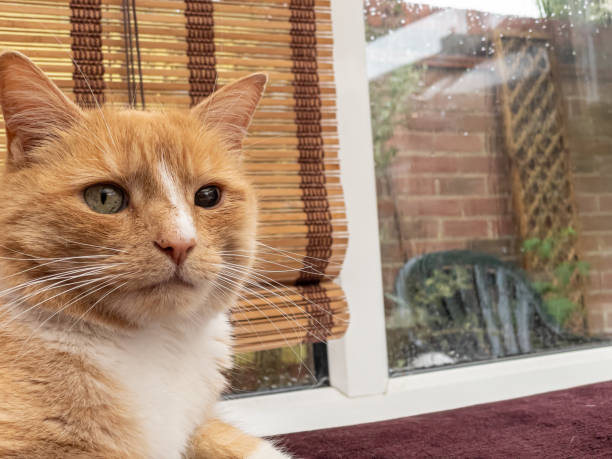Kidney Disease in Cats
If your cat shows signs of kidney disease, the first step is to consult a veterinarian. A veterinarian can help you determine the stage of the disease and give you options for treatment. This disease can cause pain in your cat, so it’s vital to catch it early. It can also affect the quality of your cat’s life.
How Long Can cats live with kidney disease?
If your cat has kidney failure, you may wonder how long it can live. The answer to this question depends on many factors. For example, your cat may have severe kidney failure or it may have developed kidney failure over time. In either case, your cat may have uremia, which is a poisonous buildup in the body. In extreme cases, your cat may need intensive hospital care.
Diagnosing and treating the disease early will increase the chances of survival. Generally, cats can live for years with kidney failure with the proper care. Treatment for chronic kidney failure can include a renal diet. These diets are usually pH neutral or alkalizing and contain less protein and increased amounts of vitamins. Fluid therapy is another option to help keep the body’s chemistry in balance.
How do cats act when their kidneys are failing?
A cat’s kidneys are responsible for filtering waste products from the bloodstream and maintaining a normal salt and water balance. They also produce hormones that regulate blood pressure and red blood cell production. In the case of kidney failure, these functions become compromised. If left untreated, this condition can cause serious complications, including death.
Healthy kidneys filter out the harmful substances and retain the good ones, such as potassium and sodium. Potassium is essential for the body, while sodium helps to regulate blood pressure. In addition, the kidneys produce erythropoietin, which is important for the production of red blood cells. Therefore, healthy kidneys are essential for a cat’s overall health.
Treatment for kidney failure in cats is aimed at slowing or stopping the disease. With proper care, many cats with kidney failure can live a long, healthy life. Depending on the stage of the disease, initial treatment may be aimed at minimizing pain, maintaining hydration, and replacing lost substances.
What are the first signs of kidney disease?
If your cat’s kidneys are not functioning properly, it may experience dehydration. This is caused by your cat not drinking enough water, and may require the use of an IV to get a sufficient amount of fluid. If your cat’s kidney failure progresses to an end-stage, it may exhibit several other symptoms. These include an unpleasant body odor, a dull, sunken appearance, and an inability to walk. Your cat may also exhibit restlessness and twitching, and be unwilling to eat.
If your cat’s kidneys are failing, it may drink more water and try to urinate more often. This can make your cat nauseous and stop eating. It may also exhibit a stiff gait and look lethargic. It might also have an arched back, a sign of pain. The signs of kidney failure may become worse over time, and the sooner you detect them, the better. However, it’s important to see your vet for a proper diagnosis.
Do cats meow a lot with kidney disease?
One of the most common killers of cats is kidney disease, which can be caused by several underlying conditions. Unfortunately, most cats do not display any symptom until the disease has advanced to the point where it is irreversible. The first signs of kidney disease in cats include slight weight loss, frequent urination and peeing, and increased thirst.
Early diagnosis can prevent the disease from progressing and improve the quality of life of your cat. Diagnosis can be made through blood tests, urine tests, X-rays, and a kidney biopsy. Treatment for the condition usually involves intravenous fluids to compensate for dehydration, vitamin injections, and medications. In severe cases, surgery may be recommended. Dietary changes may also be necessary to help your cat stay healthy. You can give your cat extra vitamins and minerals, and consider a kidney diet rich in omega-3 fatty acids and vitamin D.



